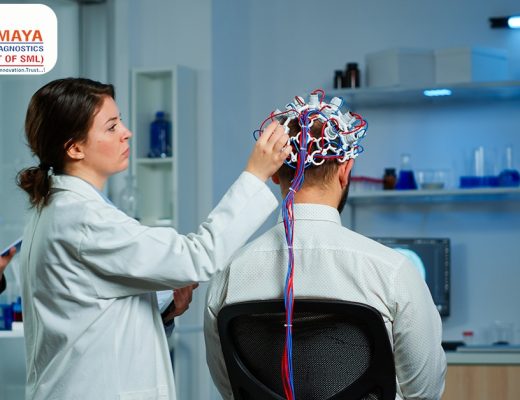If there is any question about the ECG results, echocardiography or a stress echo may be recommended. These tests aid in furthering the inquiry of the heart’s health. These tests, known as foetal echo, are also performed on unborn newborns to check the health of the unborn baby’s heart. We’ll go over everything you need to know about getting an ECG test near me in this blog.
Cardiac variables ECG Examinations
The following criteria can be inferred regarding a participant’s arousal when heart rate data is recorded:
• Heart Rate (HR) (HR). Within a given time window, HR represents the frequency of a complete heartbeat from its generation to the start of the following beat. It’s usually stated in beats per minute (bpm). ECG and PPG sensors can be used to obtain HR. A higher HR usually indicates more arousal. Interval Between Beats (IBI). The IBI is the time interval between individual heartbeats, which is usually measured in milliseconds (ms). The RR-interval is commonly utilised in the analysis.
• Variability in Heart Rate (HRV). The normal variation of IBI values from beat to beat is expressed by HRV. HRV has been linked to emotional arousal, and it has been reported to diminish under time constraints and emotional stress (meaning that the heartbeat is more consistent).
Types of ECG tests
1. The most common type of ECG is the resting ECG, which is conducted while lying down. This procedure takes about 10 minutes and is done in a clinic or hospital.
2. ECG stress or exercise – performed on a treadmill or exercise bike. This procedure takes about 30 minutes and takes place in a clinic or hospital.
3. Only 3-5 electrodes are attached to a tiny, portable equipment that allows freedom of movement in ambulatory ECG (also known as Holter monitoring). This testing takes place mostly at home and lasts for 24 hours.
4. Long-term ambulatory ECG (also known as multi-day Holter monitoring) – occurs over a longer length of time and requires the use of a portable device. This testing takes place mostly at home and lasts between three and ten days.
How to Get Ready for an ECG Exam
ECG testing are painless and non-invasive. You’ll most likely be instructed to lie down while the test is performed. You may be asked to keep still during this period by breathing normally and attempting to relax. The electrodes are removed at the end of the test, and your doctor will evaluate the results and explain them to you during your follow-up appointment.
There are a few things you should do to prepare before taking the test to guarantee a successful and comfortable test experience. The suggestions below might be used as a checklist for ECG Test near Me at a hospital or clinic.
• Oily skin lotions and other topical preparations should be avoided because they can make it difficult to adhere the electrodes to your skin.
• Avoid wearing full-length hosiery or bodysuits and keep your outfit simple. Remember that the electrodes will need to be attached to your arms, legs, and chest.
• Normalize your breathing. Even though you will be instructed to lie as still as possible, you should breathe normally so that your heart rate can be checked at its normal level.
Conclusion
Getting an ECG Test near Me is not a common occurrence for the typical person. ECG tests are often conducted before major surgery or if a cardiac disease is suspected, but they are rarely performed as part of routine care and especially not as part of preventative treatment. With heart disease being the top cause of death worldwide, ECG testing are the most effective approach to detect a heart illness before it becomes a catastrophic problem like a heart attack or stroke.




